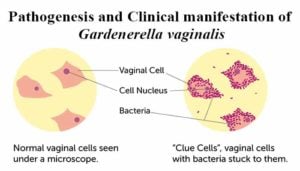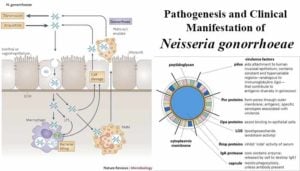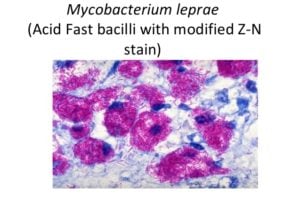Pathogenesis and Clinical manifestation of Gardenerella vaginalis
Pathogenesis of Gardenerella vaginalis A. Adherence of G. vaginalis to Host Epithelium: Initial Steps in Invasion The initial steps of establishing infection include adherence to host receptor sites, production of … Read more




